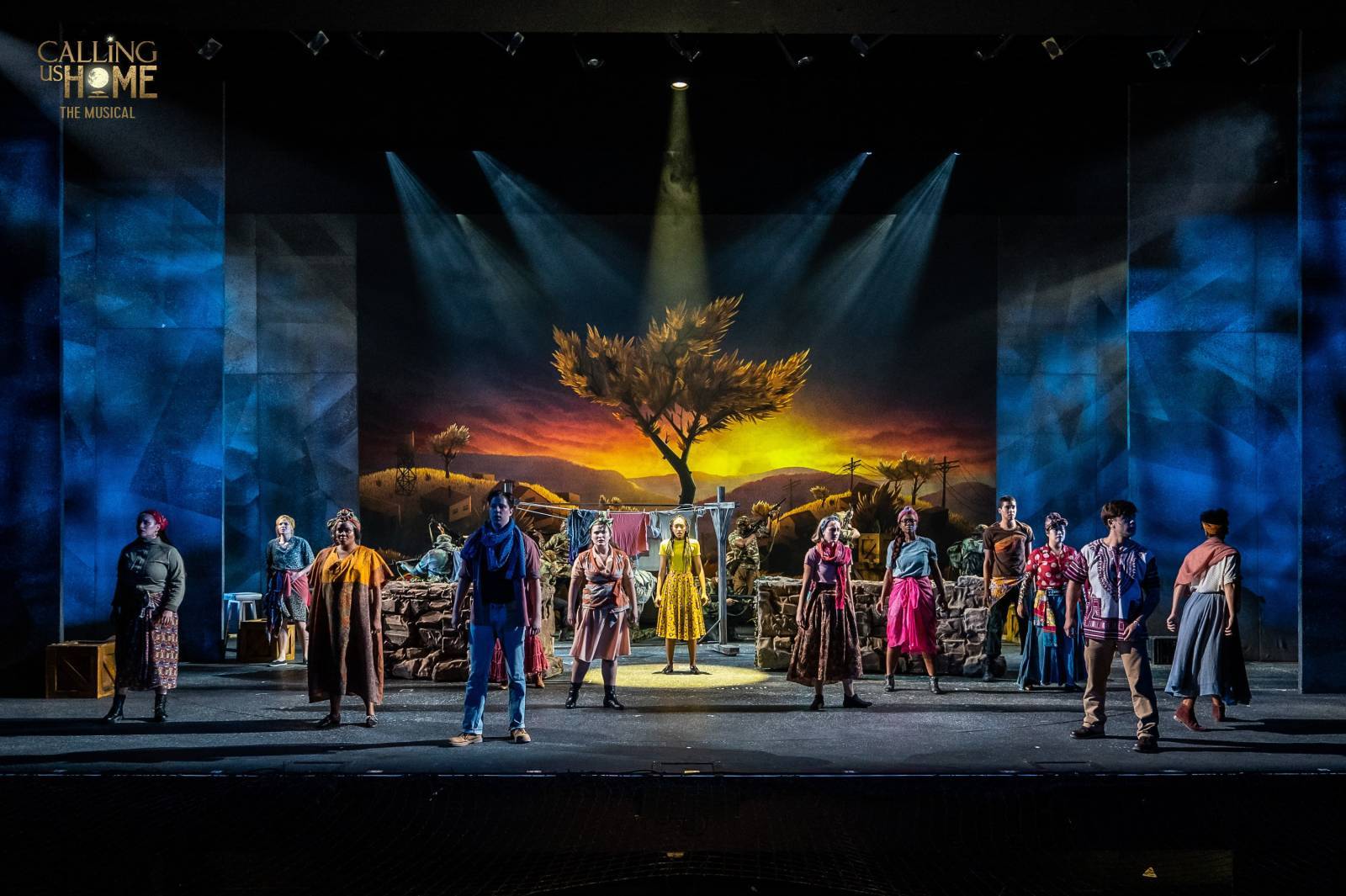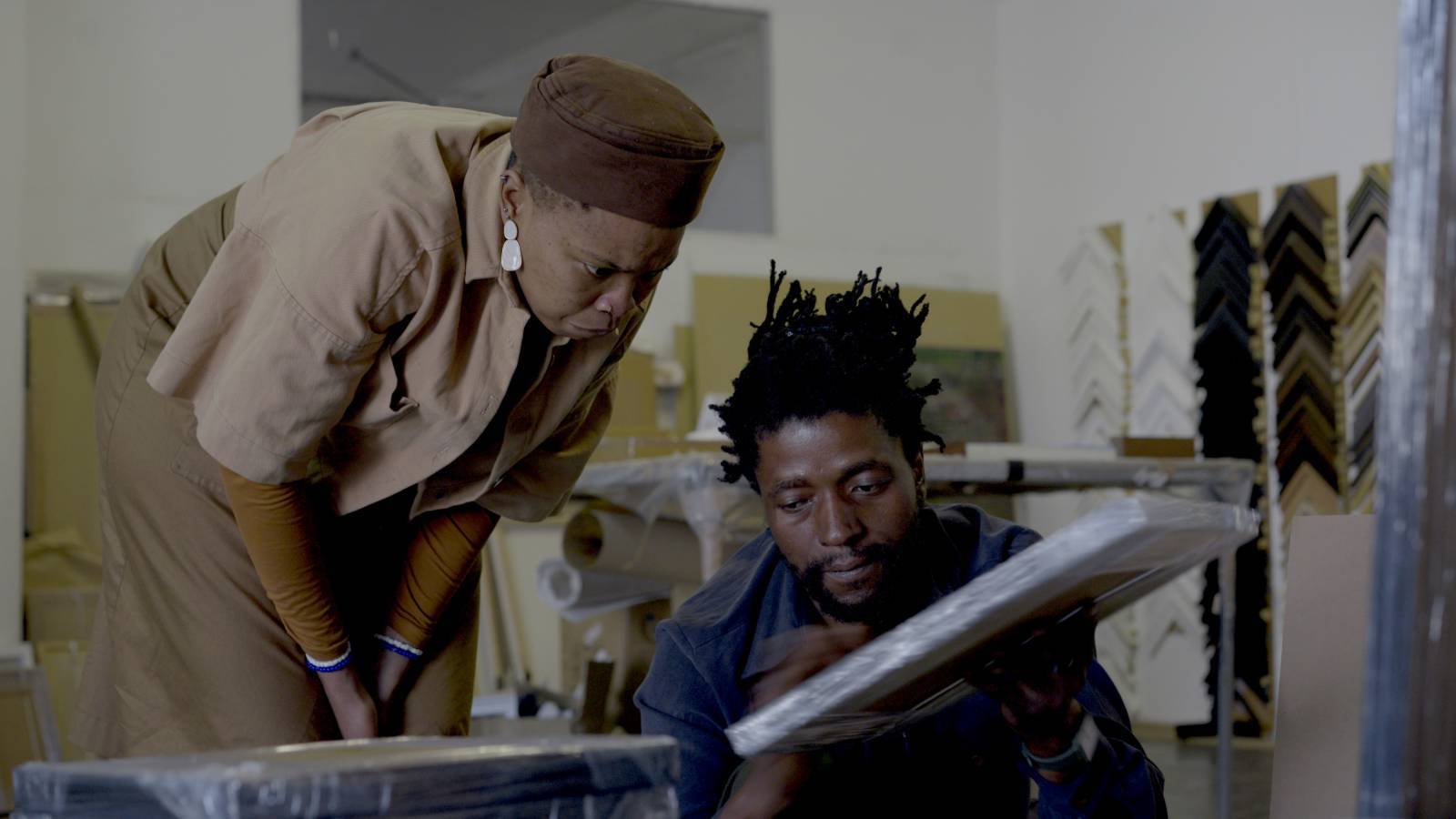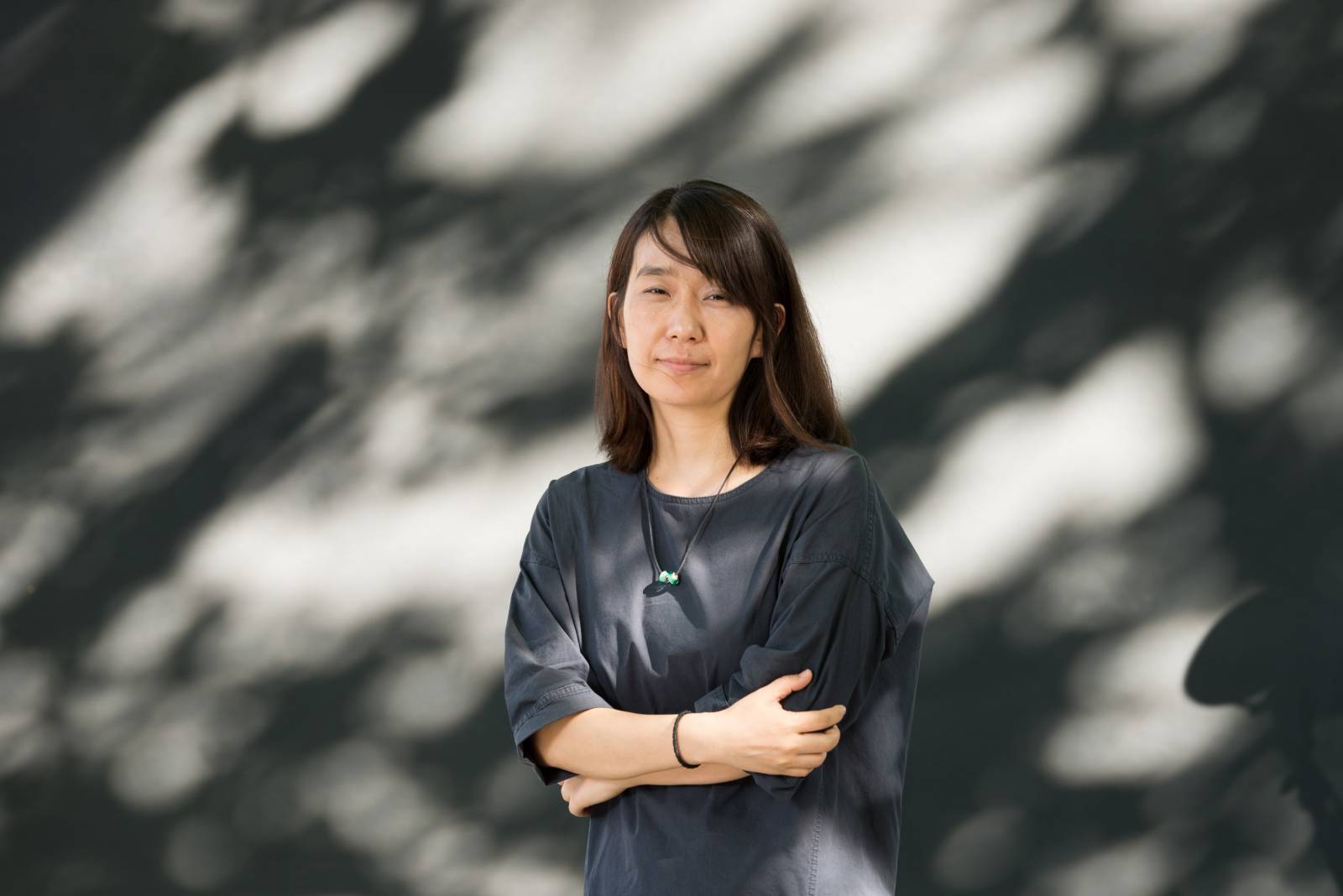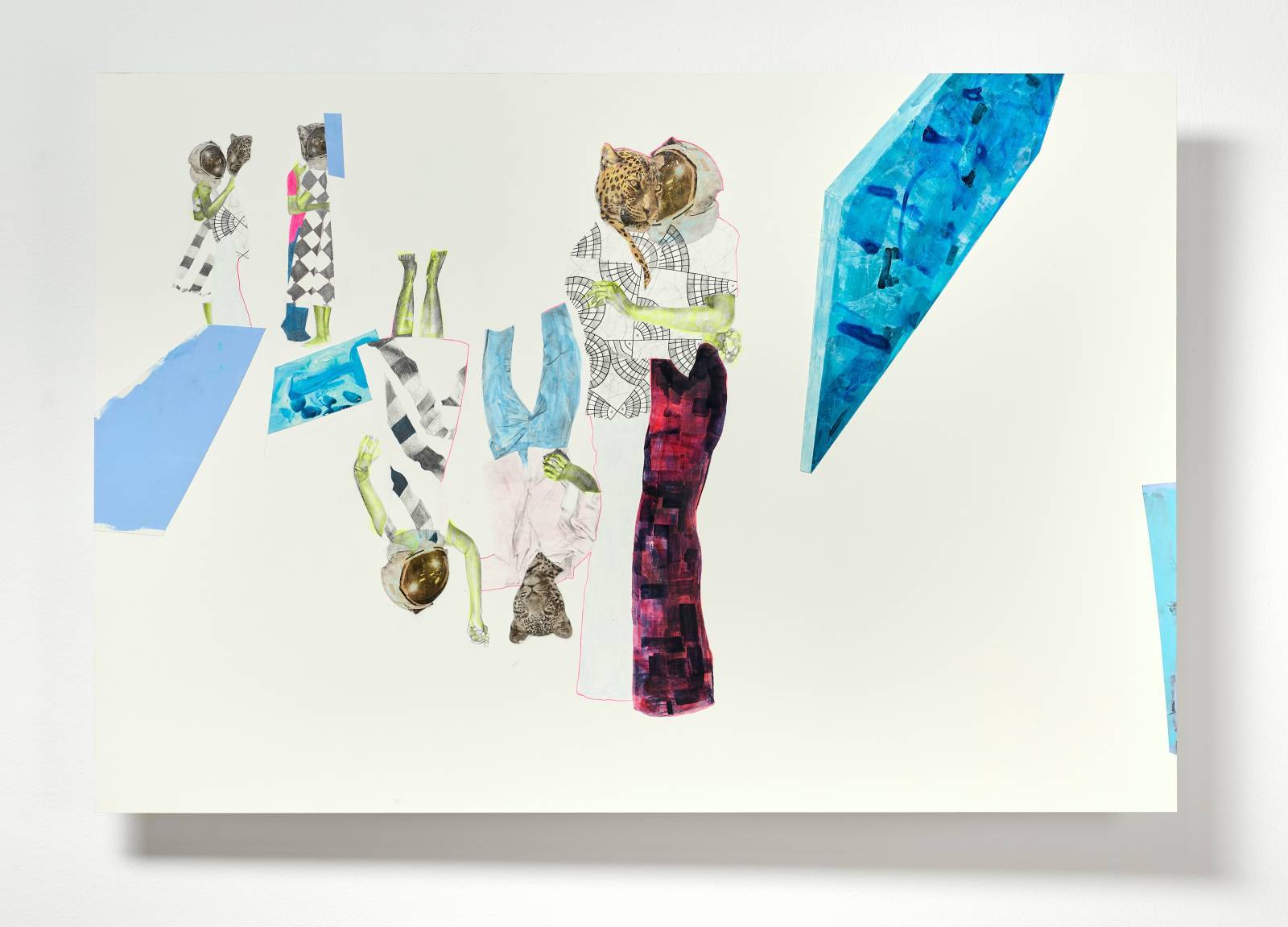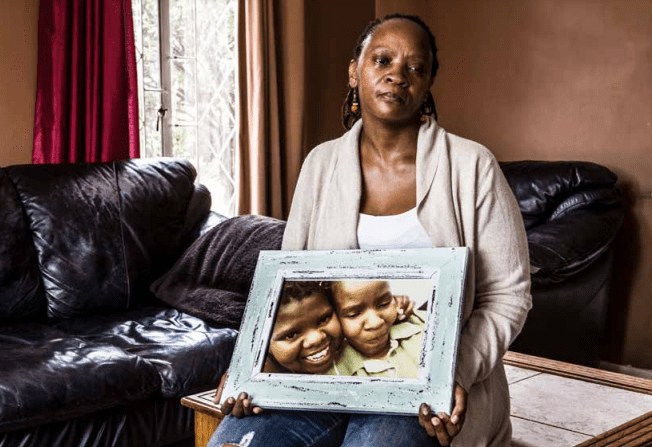Create a personal board of thinkers
Hunt For Greatness Milton Kamwendo BUILDING great things requires great minds to help you think. It requires a framework for thinking, commitment to action and willingness to learn. Build a personal board of legendary thinkers. Draw wisdom from diverse individuals who have built great things. Here are nine individuals that you could consider to be […]
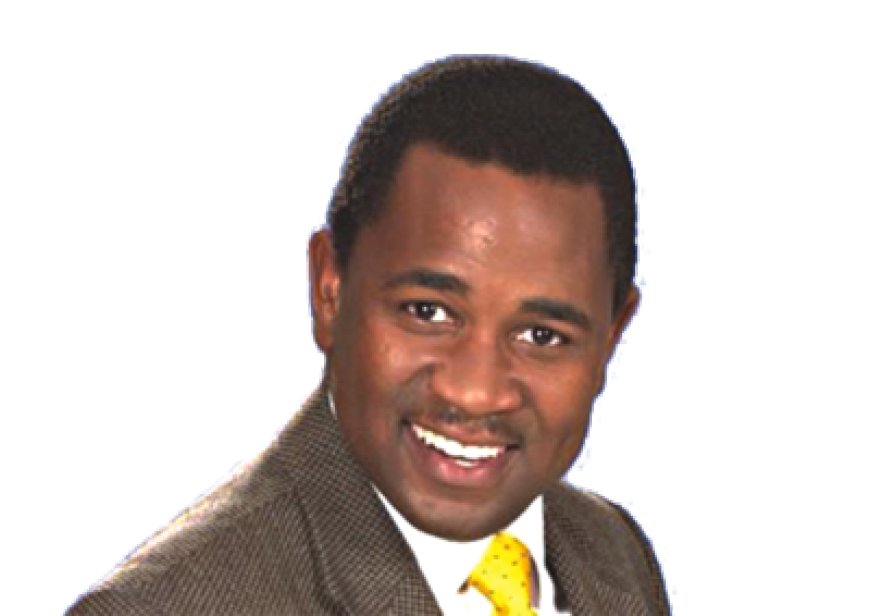
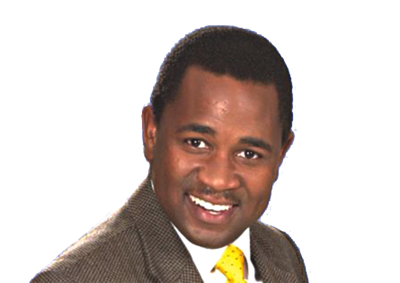
Hunt For Greatness
Milton Kamwendo
BUILDING great things requires great minds to help you think.
It requires a framework for thinking, commitment to action and willingness to learn.
Build a personal board of legendary thinkers. Draw wisdom from diverse individuals who have built great things.
Here are nine individuals that you could consider to be in your wisdom circle or
personal board of directors.
They all have unique thought patterns that help you focus on building something
great.
Jesus Christ
At the core of Jesus’ teachings and leadership was servant leadership.
Jesus transformed the world through serving others and not through accumulating power. His leadership was centred on vision of the Kingdom of God and a new way of living based on love, forgiveness and sacrifice.
Through his story-telling and personal example, Jesus taught that greatness is achieved through humility and the service of others (Matthew 20:26).
He modelled building a team, empowering it and unleashing its talent.
He discipled a small group of apostles and focused on multiplication through their influence. He was the ultimate movement-builder.
Walter Kamba
Professor Walter Kamba was the first black Vice Chancellor of the University of Zimbabwe.
He was a legal scholar and human rights advocate. He laid the foundation for academic excellence in Zimbabwe.
Professor Kamba believed in building institutions that would produce future leaders that are committed to justice and equality. His leadership was transformational and visionary.
He focused on empowerment through education, excellence and ethical leadership. For builders of greatness, the “Kamba legacy” lens emphasise the importance of intellectual rigour, passion for excellence and moral integrity in building resilient institutions.
Institutional intelligence is critical for building things that last.
Oliver Mtukudzi
Dr Oliver Mtukudzi (Tuku) is Zimbabwe’s most celebrated musician.
He transcended entertainment by building a cultural legacy through his music.
He combined social commentary with soul-stirring melodies. Tuku’s thought process revolved around sustainability in the arts.He built a brand that not only entertained, but also educated on social issues like love, HIV/Aids and unity.
From humble beginnings, he persisted and kept his light shining.
From Tuku, we learn to build with focus, consistency, integrity, discipline and endurance. We learn to use song, story and culture to build.
Stephen Covey
Dr Stephen Covey, writer of “The Seven Habits of Highly Effective People”, focused on principle-centred leadership.
He focused on long-term effectiveness over short-term success. He said greatness was like farming: there are no short-cuts. True leadership requires aligning personal values with the organisational mission.
His concept of “beginning with the end in mind” reminds us that building great things starts with clear goals and vision.
Building greatness requires self-discipline, vision and commitment to enduring principles.
Elon Musk
Mr Elon Musk is a modern-day visionary, whose work with companies like Tesla, Boring, SpaceX and Neuralink reflects bold, audacious thinking. Mr Musk builds by thinking of a bold and alternative future. He creates solutions for problems the world has yet to fully encounter. He sees beyond today.
He takes big and bold bets on the future.
He has a relentless pursuit for innovation. He teaches builders of greatness about bold, visionary thinking. Disrupting industries requires innovation and a willingness to break conventional barriers. Mr Musk reminds us to think big, embrace risk, take bold action and pursue breakthroughs with unrelenting focus.
Nelson Mandela
Mr Nelson Mandela’s greatness lay in his ability to transition from a freedom fighter to a nation-builder. After 27 years in prison, Mr Mandela emerged with a vision for reconciliation, not revenge.
He saw that building a lasting legacy requires a unifying vision, humility and the ability to bring people together from different backgrounds.
Mr Mandela shows that building greatness calls for inclusivity, healing and setting aside personal ego for the greater good.
7) Shaka Zulu
Shaka Zulu mastered military strategy, experimentation and organisational transformation. He played to win, and not just to play. He realised that to win you have to do things differently. He revolutionised warfare by introducing new weapons and tactics.
Leadership is not for the faint-hearted and those content with doing things without thinking. Leadership requires innovation and strong, decisive action. He mobilised people, taught new ways of thinking and working.
Turning weaknesses into strengths, Shaka was a master at strategy execution and agility.
Dr Sikhulile Moyo
Dr Sikhulile Moyo is a renowned Zimbabwean virologist known for his role in identifying the omicron variant of Covid-19. His approach to scientific discovery reflects dedication, collaboration and humility in leadership. Dr Moyo’s work teaches that building impactful contributions in science and leadership requires rigorous inquiry, attention to detail and collaboration.
Dr Moyo shows the power of collaborative science and that building great things requires a network of committed, like-minded individuals. Never lose your voice and believe in greatness.
Ezekiel Guti
Professor Ezekiel Guti is a towering figure in African Christianity.
He founded and built the Zimbabwe Assemblies of God Africa (ZAOGA) and various institutions.
His life teaches the power of prayer, believing in people, faith and consistent leadership.Professor Guti’s greatness was built on taking simple and practical steps.
He had unwavering faith, deep prayer life and emphasised education and training.
Starting with simple self-help skills, he built institutions of learning.
He shows that greatness requires spiritual grounding, long-term thinking and developing of future leaders who carry on the vision.
What are you building and whose thought lens are you using? You build greatness by adopting thinking patterns of great builders.
Committed to your greatness.
Milton Kamwendo is a leading international transformational and motivational speaker, author and an accomplished workshop facilitator. He is a cutting-edge strategy, team-building and organisation development facilitator and consultant. He can be reached at: mkamwendo@gmail.com
What's Your Reaction?





















